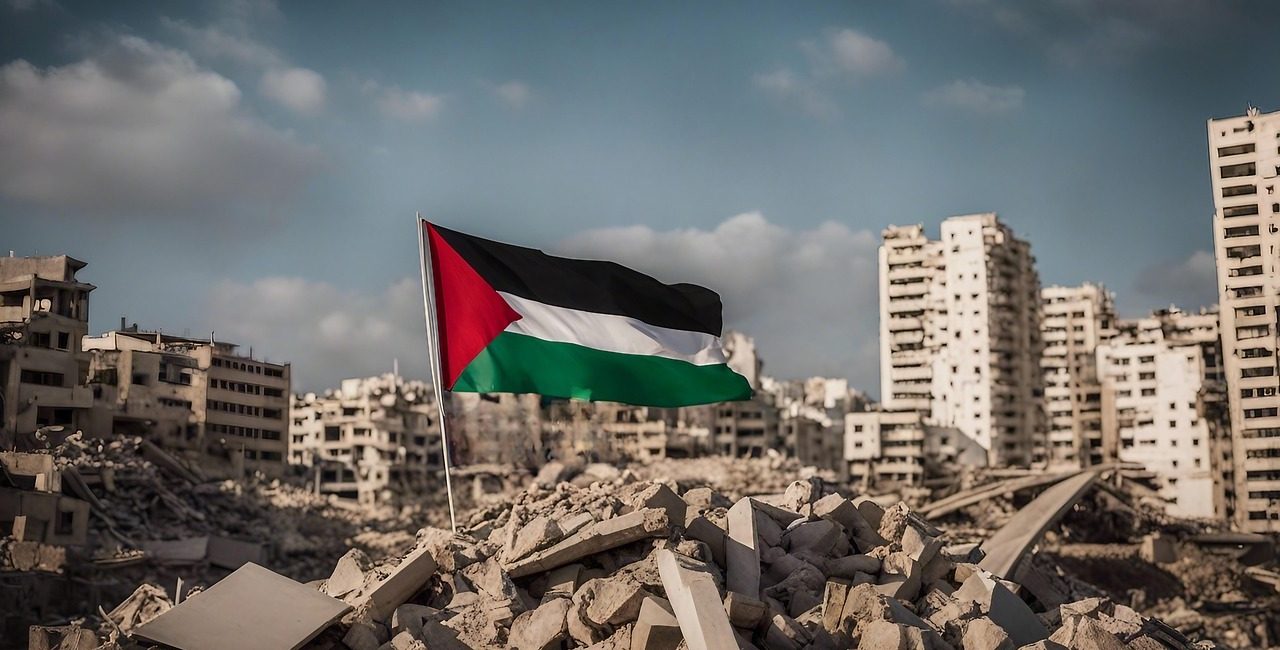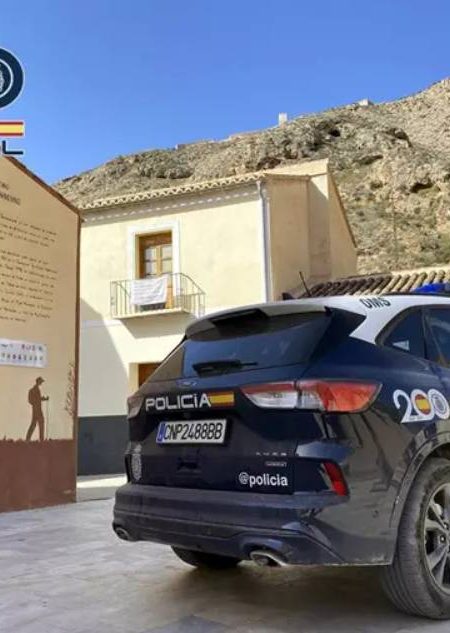The judgement came from London, and the symbolism was immense. The United Kingdom, to whom many credit historical blame for seeding a hornet’s nest in the Middle East at the turn of the twentieth century, formally recognised the Palestinian state today, Sunday, September 21st, setting off a chain reaction of other countries to do the same. Canada and Australia both officially recognised the Palestinian state on the same Sunday. Portugal intends to do so later in the day.
Keir Starmer is not prone to being persuaded by passion. Both his rulings and rectifications are carried out with the coolness and procedure of someone who was a lawyer and prosecutor before becoming a politician. The Prime Minister announced at the end of July that he would recognise the State of Palestine if Israel did not immediately meet a series of conditions, including an end to the famine in Gaza, a regional ceasefire, and a commitment “to a long-term process leading to a two-state solution.” Starmer has concluded that none of this occurred, and on Sunday, he announced a decision with significant geopolitical implications.
Downing Street has released a video statement from the Prime Minister, in which the Labour leader defended “the inalienable right of the Palestinian people” to a state, as well as “the moral responsibility to act” of the international community, in the face of Benjamin Netanyahu’s government’s worsening offensive and deafness to calls for a halt in the conflict.
“The escalating and continuous bombardment of Gaza, the latest offensive, starvation, and damage are simply unsustainable. Tens of thousands of people have been slaughtered, including dozens who were only attempting to get food and water. “This death and destruction horrifies us all and must end,” Starmer declared.
“In the face of the growing horror we are witnessing in the Middle East, today, to revive hope for peace and a two-state solution, I say clearly, as Prime Minister of this great country, that the United Kingdom formally recognises the State of Palestine,” the British leader announced.
The recognition of Palestine is now irreversible, and it has been preempted by others, including French President Emmanuel Macron, who will do it publicly next week before the UN General Assembly in New York.
Despite Starmer’s calculated and cold-blooded choice, the Prime Minister hushed his most critical party members, who were leery of an announcement with restrictions.
In his speech, the Prime Minister stated that the situation in Gaza “has worsened significantly in recent weeks,” and that the images of famine and suffering witnessed in the Strip are “intolerable.”
The United Kingdom, the country under whose rule the Zionist cause in Palestine grew and which was responsible for the Balfour Declaration, which encouraged the establishment of a “home for the Jews” in that region of the world, is now promoting, with all the symbolism it entails, a response strategy to Israel already advanced by other nations: Spain, Ireland, and Norway have already recognised the State of Palestine. France has made an irreversible choice to do so during the UN General Assembly.
Message Against Hamas
Starmer’s decision marks a departure from the UK government’s long-standing position, which has always advocated for a two-state solution but believes that recognition of Palestine should be the last step in a process of negotiation and mutual compromise.
The British government is aware that the move will enrage conservatives, the relatives of hostages still held in Gaza, the Israeli government (which sees recognition as a method of rewarding Hamas terrorism), and, most importantly, the United States, Netanyahu’s most faithful supporter.
“Most of us want a two-state solution to the Middle East crisis,” Conservative Party leader Kemi Badenoch stated. “But it is obvious, and the United States has been very clear on this point, that recognising a Palestinian state at this time, without the hostages being released, is a reward for terrorism.”
To send a message of calm to everyone, Starmer underlined his scathing denunciation of Hamas and emphasised that his demands for the organisation remain “absolute”: the unconditional release of the captives and an immediate ceasefire.
“Let me be very clear: Hamas is a brutal terrorist organisation, and our two-state vision represents exactly the opposite of what they stand for,” he stated.
The prime minister, who made it plain to Trump during the state visit and in past declarations that Hamas will never be a member of a future Palestinian government, has reinforced that vow.
Downing Street has stated that the British government will increase existing sanctions against Hamas in the coming weeks in order to put further pressure on the organisation.
Cascade of Recognitions
Canada and Australia, like Portugal, declared the recognition and made it official on Sunday. In a statement, Canadian Prime Minister Mark Carney said, “Canada recognises the State of Palestine and offers its collaboration to build a peaceful future for both the State of Palestine and the State of Israel.” “The recognition of the State of Palestine, led by the Palestinian Authority, strengthens those who seek peaceful coexistence and the demise of Hamas.” Carney stressed that this in no way legitimises terrorism or serves as a reward for it.
According to Australian Prime Minister Anthony Albanese and Australian Foreign Minister Penny Wong, the recognition is part of an effort to rekindle momentum towards a two-state solution, beginning with a ceasefire in Gaza and the release of hostages. According to the declaration, Hamas should play no role in Palestinian affairs.
The Portuguese government intends to join the avalanche of recognitions on Sunday, but has yet to make an official declaration. The Ministry of Foreign Affairs announced the decision on Friday, and the Republic’s President, Marcelo Rebelo de Sousa, confirmed it on Sunday.
Rebelo de Sousa has declared that the government’s move has his “full support,” as he feels it conveys a message of “moderation” in favour of a two-state solution in the face of “radicalism,” according to Tereixa Constenla. Conservative Rebelo de Sousa stated that while the Luís Montenegro government has sole jurisdiction over the matter, the executive branch has been in constant contact with the presidency and has considered other “recommendations” from Parliament.









No Comment! Be the first one.